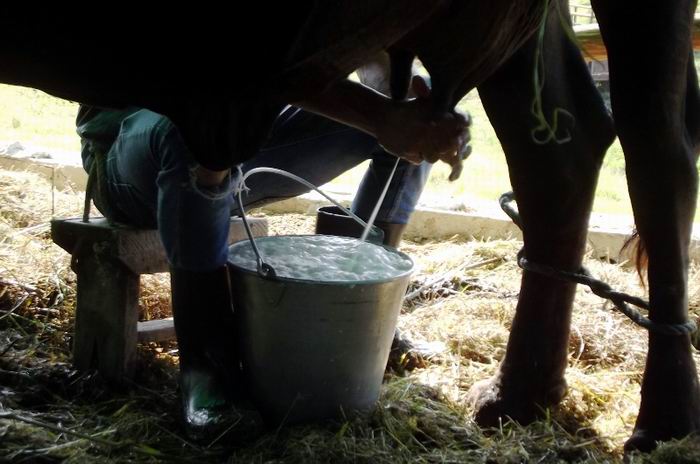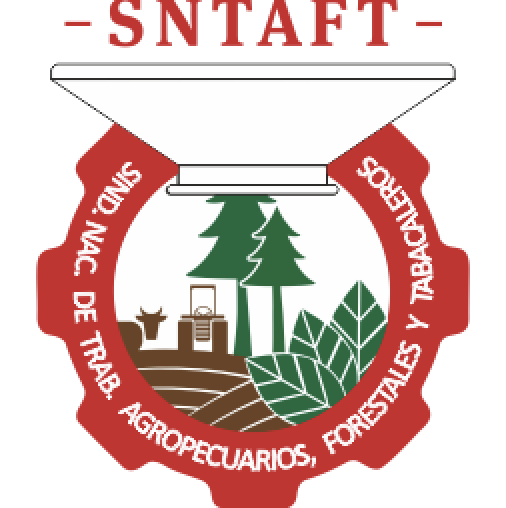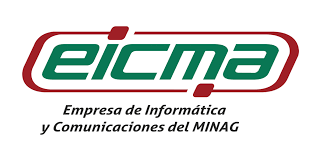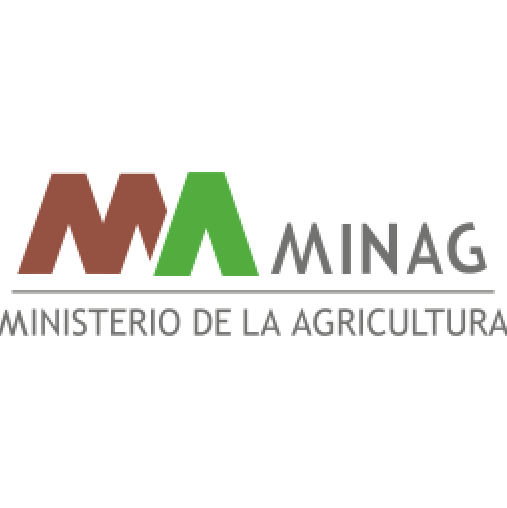GAF
The commercialization process of cow's milk advances in Cuba
Among the 63 measures approved by the government to strengthen the agricultural sector and increase food production, Resolution 140 on the commercialization of cow's milk in a fluid way stands out.
The implementation of the provision brought with it a process of re-hiring of milk production. To date, more than 330 million liters of milk have been re-contracted for the dairy industry and more than 32 million units for wineries. The director of livestock of the Ministry of Agriculture, Adrián Gutiérrez Velázquez explained that the milk plans to be contracted are defined based on the number of copies of each producer. Ranchers with less than 10 cows must deliver about 520 liters of milk per total cow and those who exceed the figure will reach about 550 liters. "They are achievable indicators because in a lactation of 240 days a producer can achieve 700 to 1000 liters per cow. The results will depend on the work done with the herd, in terms of its care and feeding. The measure seeks to incentivize the efficiency indicators of producers, based on prices approved by the government. The farmer will charge depending on the quality of the product. Its maximum price will be up to 7.50 pesos per liter of milk and 1.50 will also be delivered to the producer for compliance with the plan, "he said. Production surpluses have different commercialization variants. The dairy industry can set another price above the established value for those productions that exceed the plans. Likewise, you can propose to the producer a stimulation in freely convertible currency (MLC) for each liter of milk, "there are variants of the dairy industry that propose 10 to 20 cents in MLC for each unit." Gutiérrez Velázquez highlighted that part of the financing in foreign currency obtained by these sales will serve to improve the replenishment of raw materials and inputs necessary for the development of the livestock sector. Today its acquisition is ostensibly difficult due to the restrictions imposed by the US blockade on Cuba. Likewise, the mini state industries linked to the production of cheese and yogurt can make offers to the producer and in the territories places are approved to commercialize cow's milk freely, with a price by agreement defined in the municipality itself. Even though the implementation of the measure has only been in force for a short time and making an assessment of its impact would not be totally reliable, some productive experiences that are already giving results are seen in a timely manner. The province of Havana has a mini-industry for the production of cheese and milk derivatives. This is linked with the Bacuranao Agricultural Company and the El Cangre Genetic Livestock Company. The products are marketed and both companies are fed back with the income generated from their production. In Mayabeque there are mini industries linked to the production of ice creams associated with state companies and the Macún de Villa Clara company is linked to the dairy industry and then commercializes its productions. Positive examples that should increase with the progress of the implementation of the measure, assured the director of livestock. Resolution 140 also seeks to strengthen the basic input market for the recovery of livestock activity. Today Cuba has more than 40 importers and they put out to tender resources necessary for the development of the sector, in order to be increasingly efficient in their economic management and thus respond with production to the needs of the people.




